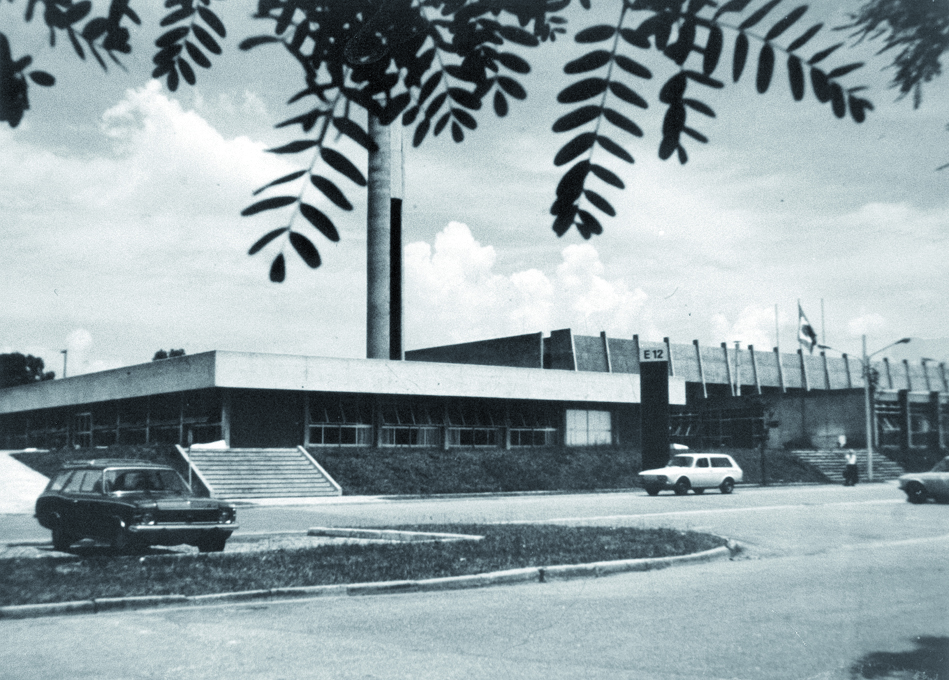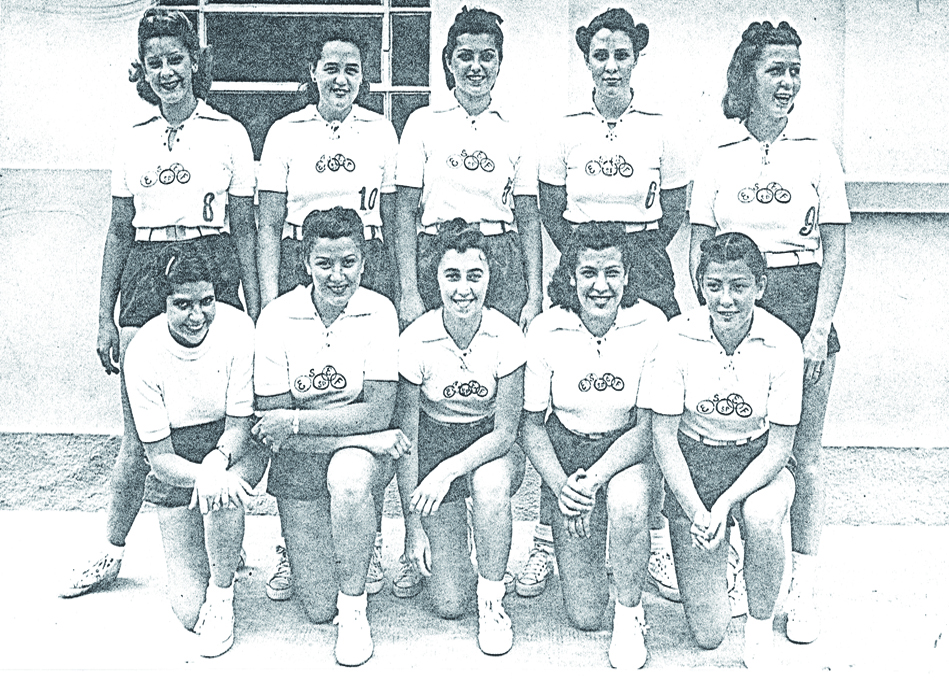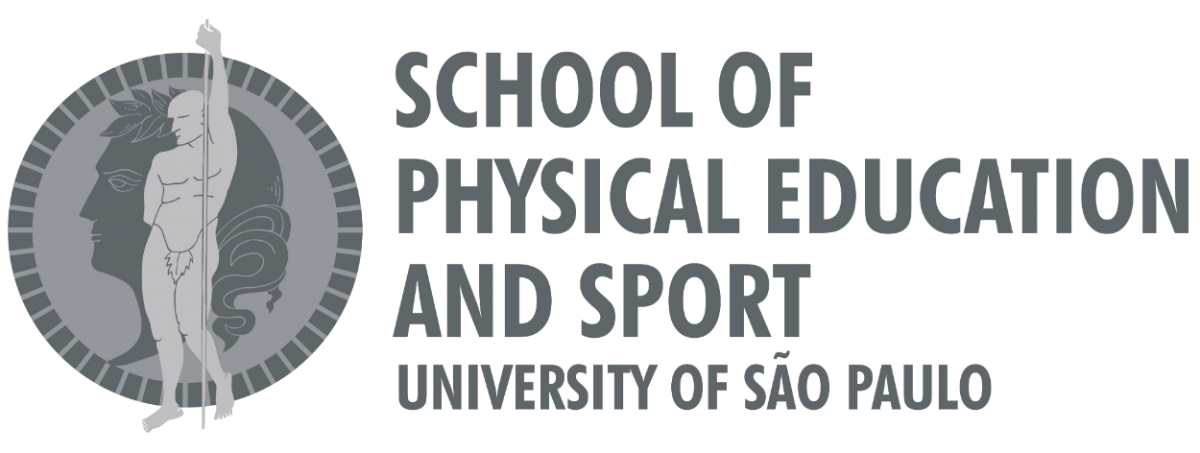School of Physical Education and Sport: pioneer since 1934

The School of Physical Education and Sport (EEFE) was established in 1934 as an isolated institution, being integrated to USP in 1969. It was the first civil institution of the area in Brazil. Over the years, EEFE went through several changes, both in its facilities as in its academic focus. Initially, the objective was to qualify teachers that would act in the formal education system. The area of Physical Education was seen mostly by a professional non-academic perspective. Therefore the disciplines had practical orientation, such as sports, games and dances. The motto was: "learn to do in order to teach".
The demand to widen the theoretical basis came in the late 70s. It was then recognized the need to include in the curriculum new disciplines related to biological, psychological and social aspects. The School passes through a transition phases towards an academic depth. That resulted in the establishment of the graduate course – Master's in 1977 and Doctorate in 1989. Both were pioneer in Latin America.
The new focus led to the questioning of the undergraduate course. Every year, professionals were qualified as teachers and still they wouldn't act in school, but in other areas offered by Sport and by Physical Education. In 1992, the discussion resulted in the undergraduate readjustment and the courses were divided in Bachelor Degree in Physical Education, Teaching Degree in Physical Education and Bachelor Degree in Sport.

EEFE building upon its transference to USP campus, in 1975. It was the first own physical facility of the School.
Nowadays, EEFE's one of the main concerns is fostering the research area, aiming to establish an integrated production structure of basic knowledge, applied and in technology. The encouragement may be exemplified by the recent research facilities improvement and by the coordination between the undergraduate and the graduate by means of undergraduate research programs (Scientific Initiation), training and assistance to education.
The organization of these academic, professional and technical studies is made by three departments that correspond to the investigation subareas: Sport, Pedagogy of the Human Movement and Biodynamics of the Human Movement. The goal of these areas is to analyze the biopsychosocial phenomena of physical activity and develop technologies in order for intervention in the form of products and services that attend the needs and expectations of the society.
Both physical activity and Sport are phenomena of deep sociocultural impact, which demands a properly qualified professional to intervene. The physical activity gained evidence for constituting essential element for health and quality of life. Sport is already recognized as one of the most important sociocultural expressions worldwide. These areas present a complexity which defies the understanding of limits between traditional disciplines of biology, human and exact sciences and between the technical and the academy.


